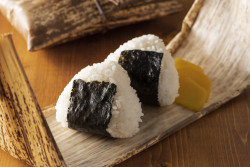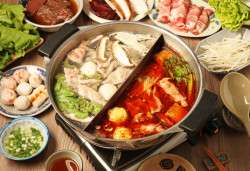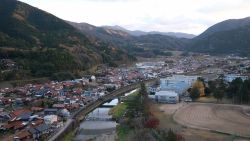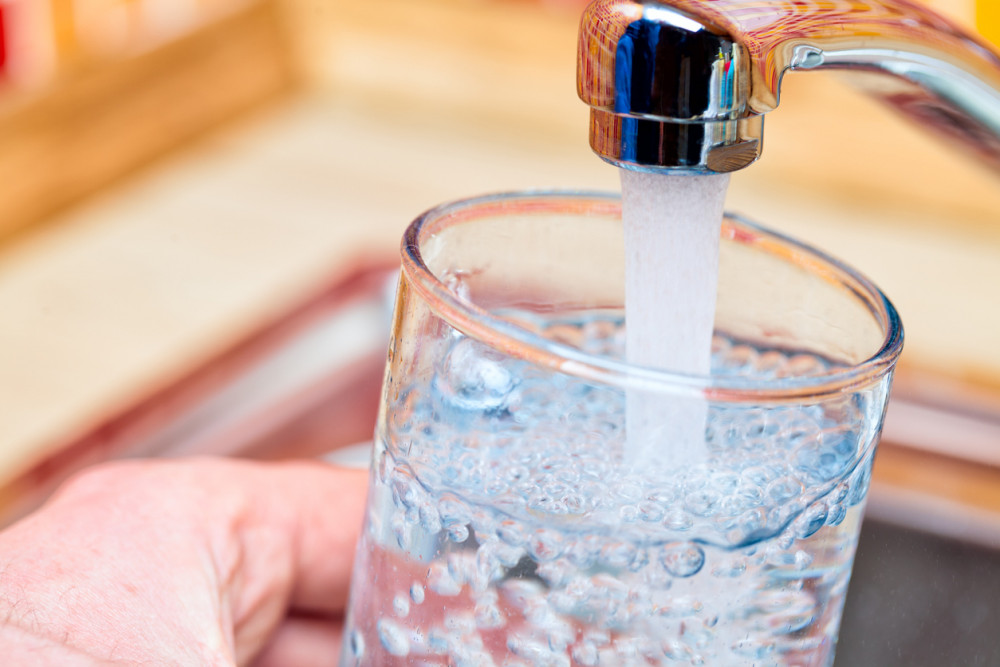
January 25, 2026
Is Tap Water in Japan Safe to Drink?
All you need to know about tap water safety and hydration in Japan
When traveling to a new country, one of the common concerns is the safety of tap water. The good news is that Japanese tap water is safe to drink and meets some of the highest standards in the world.
In fact, it often surpasses those in the EU, U.S., and WHO guidelines. According to Japan Web Magazine, this high level of regulation includes strict controls on contaminants like E. coli, mercury and arsenic, making tap water safe to drink in virtually all parts of Japan.
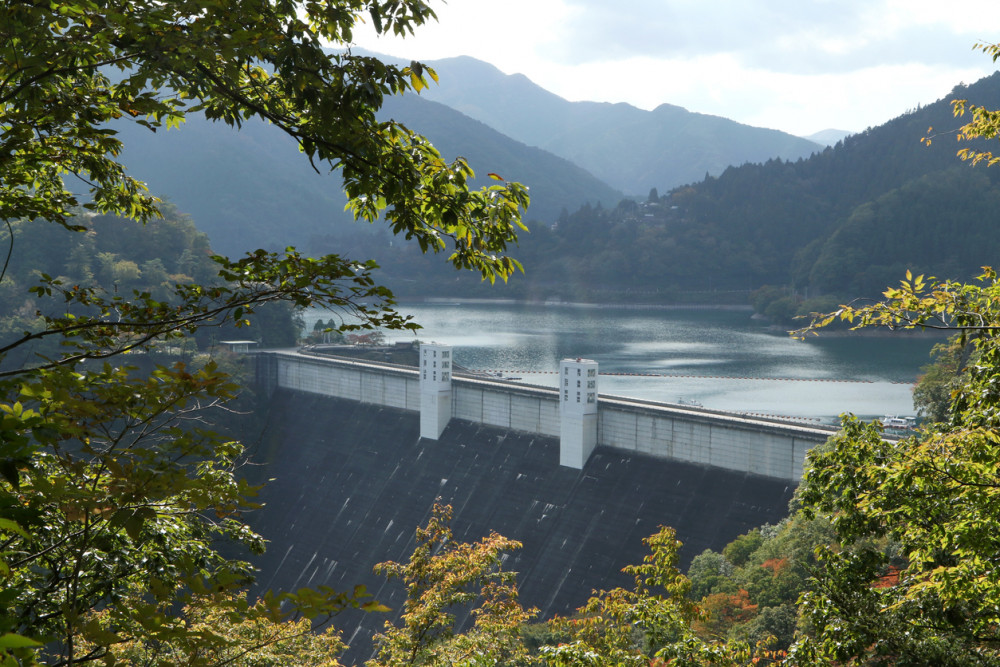
Stringent Safety Standards
Japan’s water supply undergoes rigorous testing and purification processes to meet strict health and safety regulations. The Ministry of Health, Labour and Welfare sets stringent guidelines for water quality, ensuring that tap water is free from harmful contaminants.
Water in Japan goes through multiple stages of filtration and treatment. It begins with the source: rivers, lakes, or underground reservoirs. The water then undergoes physical and chemical treatment processes to remove impurities and pathogens. Advanced filtration techniques, including sedimentation, filtration, ozonation, biologically activated carbon filtration and disinfection, ensure that water is safe and clean once it reaches the tap.
Japanese water utilities like Tokyo Waterworks perform regular monitoring and maintenance to keep the water supply safe. This includes routine inspections of water treatment plants, pipelines, and distribution systems. Water quality is continuously tested for various parameters, including microbial content, chemical composition, and physical properties.
Drinking Tap Water in Japan
In Japan, it is common to drink tap water directly, use it for cooking, and even serve it in restaurants. Most restaurants offer tap water at no extra charge.
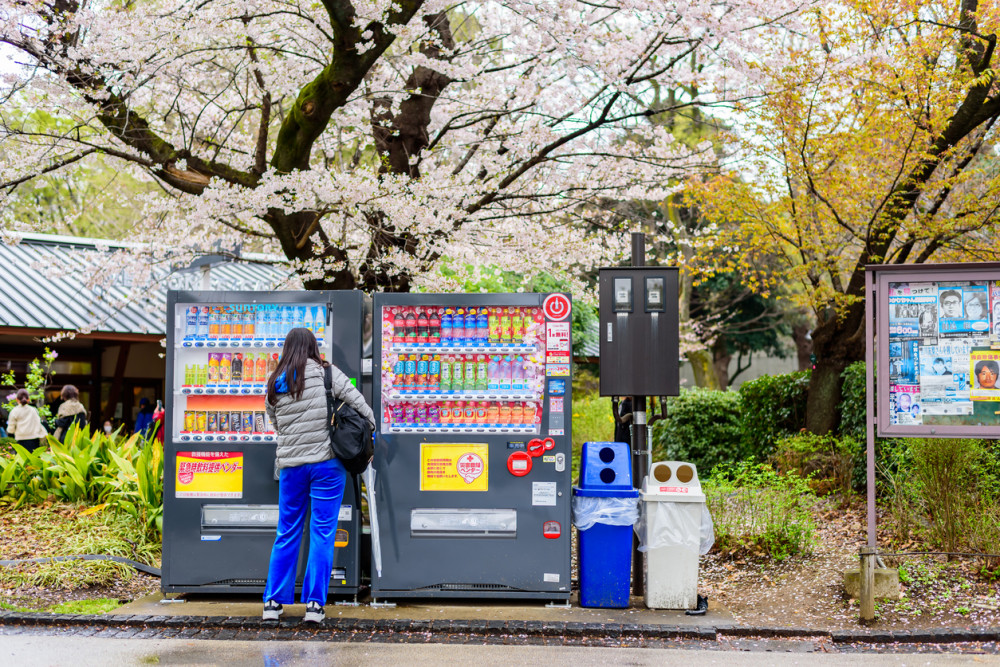
Hydration During Your Travels
It’s important to keep hydrated, especially in the Japanese summer. The country’s hot and humid climate can easily lead to dehydration, even for those accustomed to these conditions.
Sports drinks packed with minerals like Pocari Sweat are a good way to stay hydrated, but drinking plenty of water is essential. Japan is famous for its abundance of vending machines and convenience stores that stock water and drinks, so hydration is easy.
Hydration at Home
For added peace of mind, tap filters that attach directly to your kitchen faucet are widely available in Japan. These filters remove any residual impurities, so the water you drink and cook with is as clean and safe as possible.
Additionally, for the convenience of home delivery, bottled water subscriptions are readily available on platforms like Amazon.
FAQs
Is tap water in Tokyo hard or soft?
Tokyo water has a hardness between 50 to 100 mg/L, though this also depends on the season and the water system, according to the Bureau of Waterworks Tokyo Metropolitan Government.
Is tap water in Japan hard or soft?
According to the World Health Organization Guidelines, most of the drinking water in Japan is classified as soft or moderately soft (120mg/L of calcium carbonate).
Is there fluoride in tap water in Japan?
Japan does not add fluoride to its water supply. It’s advisable to use fluoride toothpaste or take other sources as recommended by a dentist.
Do restaurants serve tap water in Japan?
Yes, restaurants in Japan typically serve tap water for free. Some restaurants might offer bottled water for a fee if you prefer.
Is there a risk of water shortages in Tokyo?
Tokyo has a well-managed water infrastructure designed to handle the demands of the city’s population. However, like any large urban area, Tokyo may face challenges during prolonged droughts or in times of natural disasters. Thankfully, the city has contingency plans to manage such risks.
